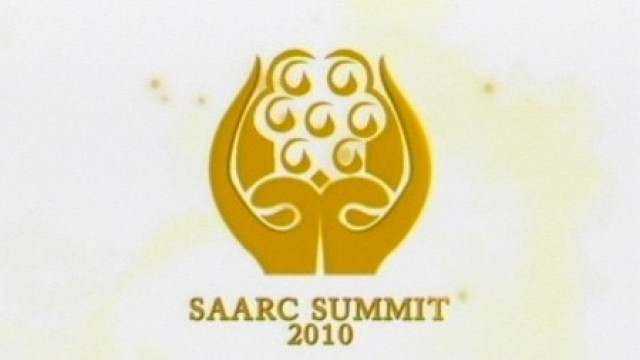Divisions, suspicions marred SAARC growth potential, says former secretary general
Feels the association cannot meet its goals without peace in the region.

South Asian Association for Regional Cooperation (Saarc) started off with great hopes but due to contentious bilateral issues, the dream remains unrealised. The cultural connectivity in the region provides great positive energy but is marred by clashes that create suspicions and stunt the growth of association.
This was said by former Saarc Secretary General Nihal Rodrigo at the round table organised by Institute of Regional studies (IRS) on Friday.
However, highlighting the “close relations” between Sri Lanka and Pakistan, he said Islamabad has “played an extremely helpful role” in ending the LTTE threat that once endangered the integrity of the country.
Rodrigo spoke on a wide spectrum of issues ranging from the changing dynamics of Sri Lanka’s ethnic conflict to the slow growth of Saarc due to bilateral disputes, the nature of emerging threats to Indian Ocean maritime security and the impact of the new US strategy of rebalancing in the Asia-Pacific region.
According to the former sec-gen, the expansion of Saarc and the entry of several observers that include economically-developed and political-influential countries like China, Japan, South Korea and the US may have a positive impact on Saarc, but it is not without problems. Investment in any project requires the participation of three regional states, which becomes difficult given the divisions in the region,” he said .
Rodrigo strongly felt that Pakistan and Sri Lanka have always enjoyed friendly and cooperative relations and appreciated the assistance provided by Pakistan in Colombo’s war against the LTTE. Referring to the growing economic relations between the two countries, he said ties are on a positive trajectory.
IRS Senior Fellow Brig (retd) Bashir Ahmed maintained that the growing Indo-US strategic partnership will have an adverse impact on the region and if India wants to become an international player, it needs to rethink its policies in its own backyard.
Quaid-e-Azam University Defence and Strategic Studies Department Assistant Professor Salma Malik, IRS Senior Research Fellow Dr Shaheen Akhtar, and other IRS research scholars also spoke at the event.
Published in The Express Tribune, July 8th, 2012.



















COMMENTS
Comments are moderated and generally will be posted if they are on-topic and not abusive.
For more information, please see our Comments FAQ